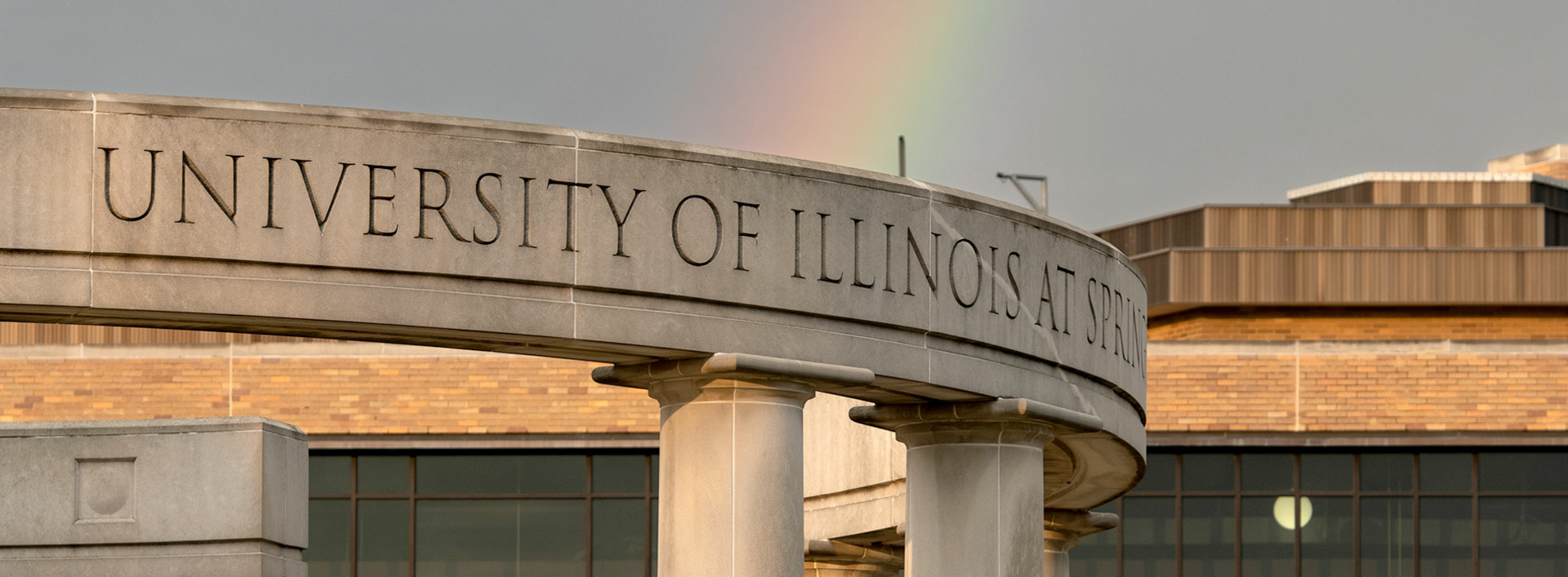The idea of a literature review is for students to research a topic and prepare a report on that topic with proper citations to literature used.
Goals and Objectives
The goal of a literature review is for students to develop an advanced level of knowledge about a given topic. Additional goals include knowledge of performing literature research and ability to critically review literature.
Prerequisites
The student should have knowledge of acceptable practice in literature citations and plagiarism. The student should also have access to the required library resources. Other prerequisites will depend on the curriculum and the scholarly level of the course.
Materials and Resources
The instructor should provide links to academic honesty information, course policies, and a complete formulation of expectations for the review. Suggestions of topics should be presented. A citation format should be expressed. Depending on the situation, the instructor may provide a listing of acceptable topics. The instructor may also provide a selected list of articles that must be included in the review for a given topic.
Student will need access to a variety of literature resources.
Guiding Questions for this Lesson
How critically, concisely, thoroughly, etc. can the student develop a review of the given pertinent topic and relate his/her understanding of that topic.
Lesson Outline and Procedure
- Students are presented with an assignment description. This is usually included in the syllabus or towards the beginning of the course.
- At the appropriate time, students are given a list of acceptible topics or must submit their own topics that meet with certain criteria.
- At specific times, students will submit progress reports including topic outlines, citations, title ideas, and other items as needed.
- The final product may be submitted directly to the instructor, into a forum for peer review, or to a plagiarism detection site.
Teaching Strategies
- Academic Honesty Tips
- Educate students on expecations with regards to academic honesty.
- Make penalties for dishonest activity clear in the syllabus.
- Provide links to online academic honesty resources.
- Maintain a positive learning community in the online classroom to help maintain a proper learning set in the students.
- Use prior postsings by the students as a comparison of writing style with submitted reviews.
- Have students provide progress reports.
- Keep the report topics up-to-date.
- Keep the topics specific.
- Discourage trivial topics.
- Do not allow topic shifts late in the process.
- Require a specific citation style. Provide resources on that citation style.
- Ask questions from a specific point of view to reduce ability to find an identical paper.
- Use debriefing.
- Use electronic submission and plagiarism detection services.
- A literature review can take time to conduct. It is usually a late course product.
- Make office hours available where students can seek help in their literature review.
- Online courses can be difficult in terms of library resources. When deciding on a literature review, you should first see if there are sufficient online resources available through your institution or elsewhere available to students in the given content area.
- If a student shows specific interest in a difficult topic, the instructor may choose to help find a core literature piece from which to start.
Accommodations
What accommodations may be needed for students with disabilities or other special needs? Usually, accommodations will be limited if the resources are available online.
Timeline
Literature reviews can take time to produce. A minimum of 40 hours of work can be expected by the student. Depending on the length, curriculum area, etc. they can also take time to assess.
Ideas for Lesson Evaluation and Teacher Reflection
How did the students like the lesson? End of semester evaluations should ask about the usefulness and learning accomplished through such activities. Also, the conversation that occurs during the activity will help gauge how the students are enjoying various aspects and whether they are learning and/or participating.
How was student learning verified? The review itself can be analyzed for criteria such as authority, citations, grammar, conciseness, timeliness, organization, required content, conceptual development, etc. depending on the objectives. Process can also be assessed formatively through ongoing progress reports and other exercises.

